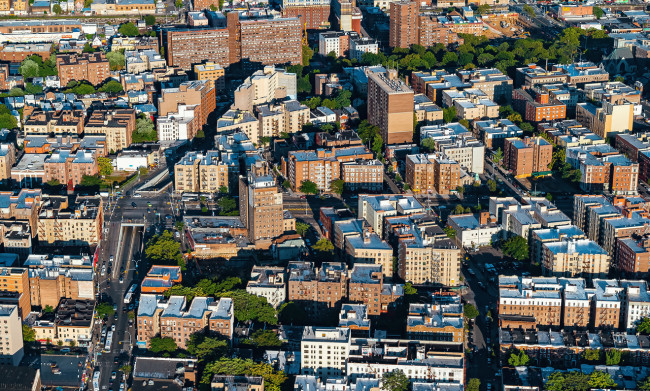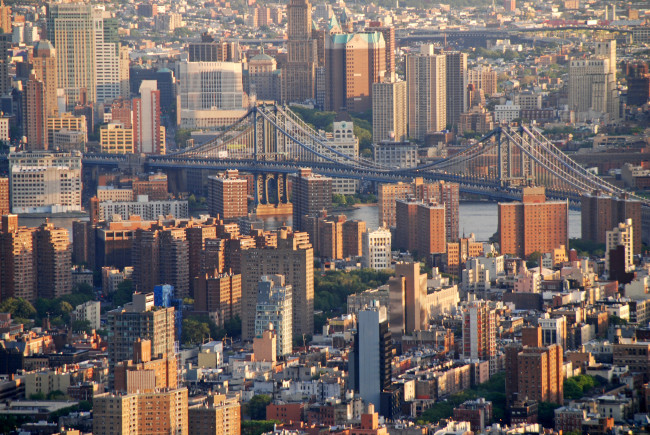Stabilized renters are officially getting a rent hike—and even landlords aren't happy about it
The NYC Rent Guidelines Board, the housing authority that determines rent adjustments for the 1 million-plus rent stabilized units in the city, voted last night on new lease renewal terms. The verdict: stabilized tenants who renew their leases between October 1, 2017 and September 30, 2018 can expect a 1.25 percent increase in their rent for a one-year renewal, and a two percent increase for a two-year renewal.
For tenants, this is unwelcome news after a two-year rent freeze: In 2015, the RGB voted to freeze rents for the first time since its inception, and followed suit last year, as well, mandating no increase on one-year lease renewals, and two percent increases on two-year renewals.
DNAInfo reports that tenant members of the RGB had been pushing for a rollback, arguing that renters are already struggling, and in fact, 43 percent of New Yorkers who enter homeless shelters come from stabilized apartments. Housing advocacy organization the Met Council on Housing responded that while it was a relief that the RGB voted for the smallest rent increase on the table, based on preliminary votes made in April, the adjustment will nevertheless present significant challenges to low-income tenants.
In a press release, Met Council Executive Director Ava Farkas argued that "nothing short of a serious rent rollback would correct for the gigantic, unjustified rent increases the Bloomberg board adopted during the recent recession."
(At the height of the recession in 2009, the RGB voted for a three percent increase on one-year renewals and a six percent increase on two-year renewals; in the following years, the board continued to vote for 2 to 4 percent increases on one-year renewals and up to 7.25 percent on two-year renewals.)
The Met Council pointed out that beyond the RGB hike, landlords can also raise rent on stabilized tenants through major capital improvements, that is, building-wide updates, a system it calls "egregious" because it leads to permanent increases.
Property owners, meanwhile, aren't satisfied either. Matthew Engel, president of the Community Housing Improvement Program, which represents NYC property owners, said in a statement that Tuesday's vote was "a very, very small step in the right direction to freeing property owners from the burdensome costs incurred from the last two years of rent-freezes, but it is not enough to reverse the damage."
Though the decision was contentious, New Yorkers proved they can turn anything into a party: While the vote was underway, the crowd waiting for results at Baruch College started chanting and doing the limbo.
Limbo at Rent Guidelines Board Vote. Tenants chant: "How low can you go?" pic.twitter.com/25VkkNELQN
— Jessica Gould (@ByJessicaGould) June 28, 2017
You Might Also Like




























